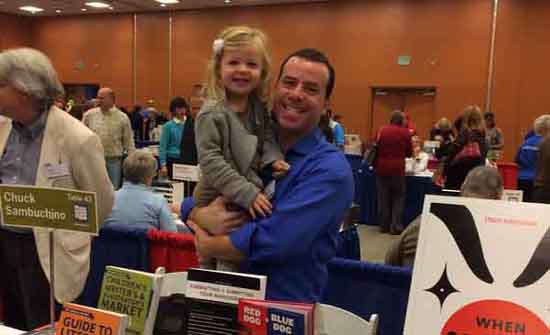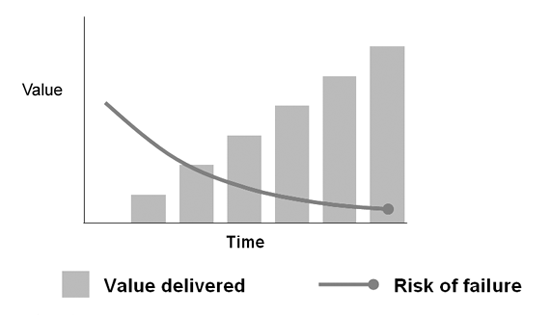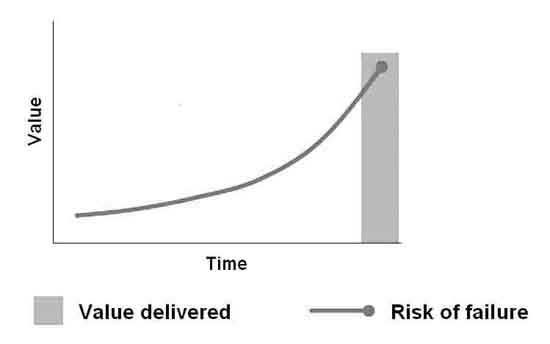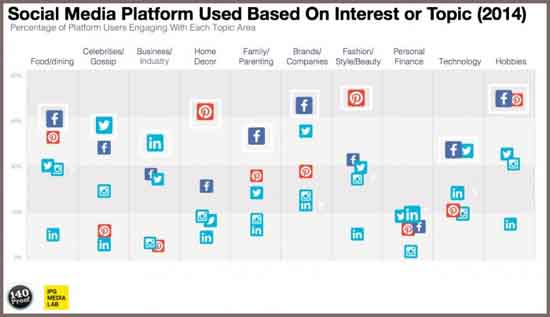Self-publishing 101: Social media and blogging for writers
This past weekend, I had the honor of speaking on a panel titled “Social Media and Blogging for Writers” at Cincinnati’s Books by the Banks festival with Chuck Sambuchino, author of Create Your Writer Platform.
The panel and festival opened up ideas for a number of future topics I hadn’t thought about before such as “How to sell your book at a book festival.” I hope to explore a few of these topics in weeks to come. Today, though, I’d like to talk about some of the great questions that were asked about social media and blogging for writers.
How do I get started?
This question was asked by a young high school girl interested in writing and blogging. What I also liked about this question was that a couple different approaches were suggested by Chuck and myself and I think there’s value in both.
Chuck’s advice was that you want to have a target audience and way to hit that target audience in mind. Think about why someone would want to read a blog by a high school girl. If your target audience is other high school girls, what are they going to be interested in? If your target audience is someone else, what will they want to read? Consider the reader more than what is going to interest you.
I suggested she simply start blogging. I agree completely with Chuck about target audience and you absolutely want to find your target audience and design your writing platform to towards an audience. What can be difficult, however, is that unless you have a great deal of experience writing, it’s unlikely that you’re going to know what your target audience is and what they like to read.
One of the wonderful things about blogging is that it allows you the freedom to experiment in small increments. The most important part about this experimentation is the feedback you receive. Look at what gets read and what people say about it. In this manner, you can use blogging as a way to find the intersection of your passion and your target audience. In the software world, this is what is known as an Agile approach. An Agile approach focuses more on getting pieces out there in small increments than on the final product. It is a way to learn by doing. You write in small increments, then adjust accordingly to feedback you receive and the audience you start to develop.
Basically, you figure out your book through your blogging. For example, I would never have found out that what interests me most is helping people talk about politics without killing themselves if I hadn’t started blogging about politics. I also wouldn’t have known that there was an interested audience. The benefit of using blogging to find your target audience, especially for young writers, is that you can figure out quickly what’s going to work and what’s not. If you pick a target audience and theme for a book and then develop the book without any feedback, you run a higher risk of failure at the end of the project.
Blogging about your topic can help you understand if you’re going to have an audience.
It can also help prove to publishing companies that you have audience. This is how Stuff White People Like became a book. This is how Darren Rowse parlayed Problogger into a book. This is how Matthew Inman published How to Tell If Your Cat is Trying to Kill You. This is how Sean King got a job with the New York Daily News.
You eventually want to do exactly what Chuck suggests and gear your platform towards your target audience. It can be difficult, however, if you’re a newer writer or if you’re not sure about how your material will be received by an audience to know exactly what your themes are and how they will be received. Blogging can be used as a way to explore your material and figure out how it works with an audience.
What if I have a topic on my blog that isn’t related to my book?
Chuck had some great advice here that again was focused around your target audience. Basically, you want your website to appeal to your target audience. If the purpose of the website is to sell a book, your main page should be focused on that book. If the purpose is to discuss a certain topic, the focus should be on that topic.
For example, Chuck writes The Literary Agents blog at Writer’s Digest. All of the posts at this blog are focused on, guess what? Literary agents.
If you have a personal blog, it’s ok to have posts on different topics, but if there are themes, you may want to separate these themes out. For example, on my personal site, I have a tab for Self-Publishing 101.
What social media sites should I be on?
The answer again goes back to your audience. Who are you trying to reach? If you’re a business writer, LinkedIn might be a good platform. If you’re trying to reach a fashion audience, you probably want to be on Pinterest. When I’m writing about software development, much of the Agile community is on Google+ and InfoQ. Where is your audience?
In terms of fiction, I’ve heard from various authors that Facebook is far and away the biggest platform for promoting your book and the platform that leads to the most sales. If you are interested in doing giveaway promotions, Goodreads is another potential site.
Is blogging dead?
This was a really good question I hadn’t even thought about before the panel discussion. I don’t think it is, but I think it’s changed a great deal. Pew Research found that only half as many online teens update their blogs as they did in 2006. I think the reason for this is that people are doing blog-like things on other sites such as Facebook or LinkedIn or Tumblr.
What I see happening here on Daily Kos looks like “less blog posts, more traffic.” In the political world, what I think this means is that there is a target audience for political writing as traditional media becomes more and more entertainment focused. This is an outstanding question though and is likely a topic for a future post on how blogging has changed.
What tools should I use?
Where I see a big rise and room to grow is in platforms that allow authors to post or publish across a variety of social media platforms. Platforms such as Hootsuite, Social Studio, Facebook Pages Manager, or Tweetdeck.
Here’s a grid showing some of the offerings in this area including leaders and niche players. Personally, I started using Hootsuite. Here’s the link to their free offering (that was hidden if you go to their main site). G2 Crowd has a comparison grid if you’re interested in more information.
What is the best way to sell books using social media?
I’m going to paraphrase as best I can Chuck’s comments on this topic. Basically, he said that the first thing you need to do is have something that your target audience wants. After this, the next thing that’s most critical is being able to promote your book to your target audience. In other words, they have to know what you have to sell exists. One of the things Chuck recommended is giving away something for free, like a chapter of your book, in exchange for an email address. In this manner, you can both generate interest and have a sense of who is looking for more information. You can then use this e-mail list to periodically reach out to your audience with updates. These are the people who are most likely to buy your book. I’m sure there was more that I’m not remembering, but I thought this was an excellent couple of points to emphasize.
How do I make time for social media while writing my book?
The best answer I’ve ever heard to this question came from the author of Don’t Erase Me, Carolyn Ferrell.
She said, “You will never have more time than you do now.”
How often do we say to ourselves, “If only I had more time …” I found her answer strangely comforting because basically she’s saying, if it’s important, you have to make time. I try to set aside dedicated time for blogging and social media that is separate from working on books. Sometimes, I’ll use blogging as a first step in exploring something I might want to incorporate in a book. Or, when I’m simply tired of working on the book, I’ll use blogging as a way to gain some energy by simply getting something out there in a short form. Or, I’ll find an old post that I really enjoy and post it to some different sites to see if others are interested. It doesn’t always work and sometimes life intrudes, but if it’s important, you make time.
Other questions or thoughts?
I was really impressed that our moderator didn’t ask questions himself. He simply let us introduce ourselves and then opened it up for questions from the audience. It was a great crowd and we could have stayed there for another hour talking to people. My only regret is not asking anyone to take pictures of the session. *sigh* What are your thoughts on social media and blogging for writers? What’s your experience been like or what other questions have you heard?
—
 |
David Akadjian is the author of The Little Book of Revolution: A Distributive Strategy for Democracy. Follow @akadjian |















